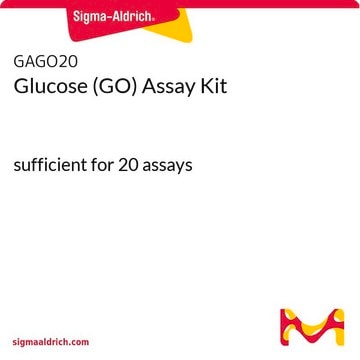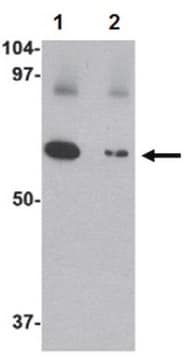MAK071
Pyruvate Assay Kit
sufficient for 100 colorimetric or fluorometric tests
Synonym(s):
Assay Kit for Pyruvate Detection
About This Item
Recommended Products
usage
sufficient for 100 colorimetric or fluorometric tests
detection method
colorimetric
fluorometric
relevant disease(s)
gastrointestinal diseases; cancer
storage temp.
−20°C
Gene Information
human ... PKLR(5313) , PKM2(5315)
mouse ... PKLR(18770) , PKM2(18746)
rat ... PKLR(24651) , PKM2(25630)
General description
Suitability
Principle
replaced by
Signal Word
Danger
Hazard Statements
Precautionary Statements
Hazard Classifications
Aquatic Chronic 3 - Resp. Sens. 1 - Skin Sens. 1
Storage Class Code
10 - Combustible liquids
Certificates of Analysis (COA)
Search for Certificates of Analysis (COA) by entering the products Lot/Batch Number. Lot and Batch Numbers can be found on a product’s label following the words ‘Lot’ or ‘Batch’.
Already Own This Product?
Find documentation for the products that you have recently purchased in the Document Library.
Our team of scientists has experience in all areas of research including Life Science, Material Science, Chemical Synthesis, Chromatography, Analytical and many others.
Contact Technical Service





